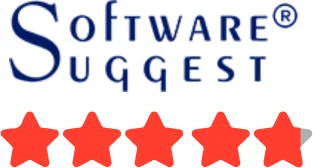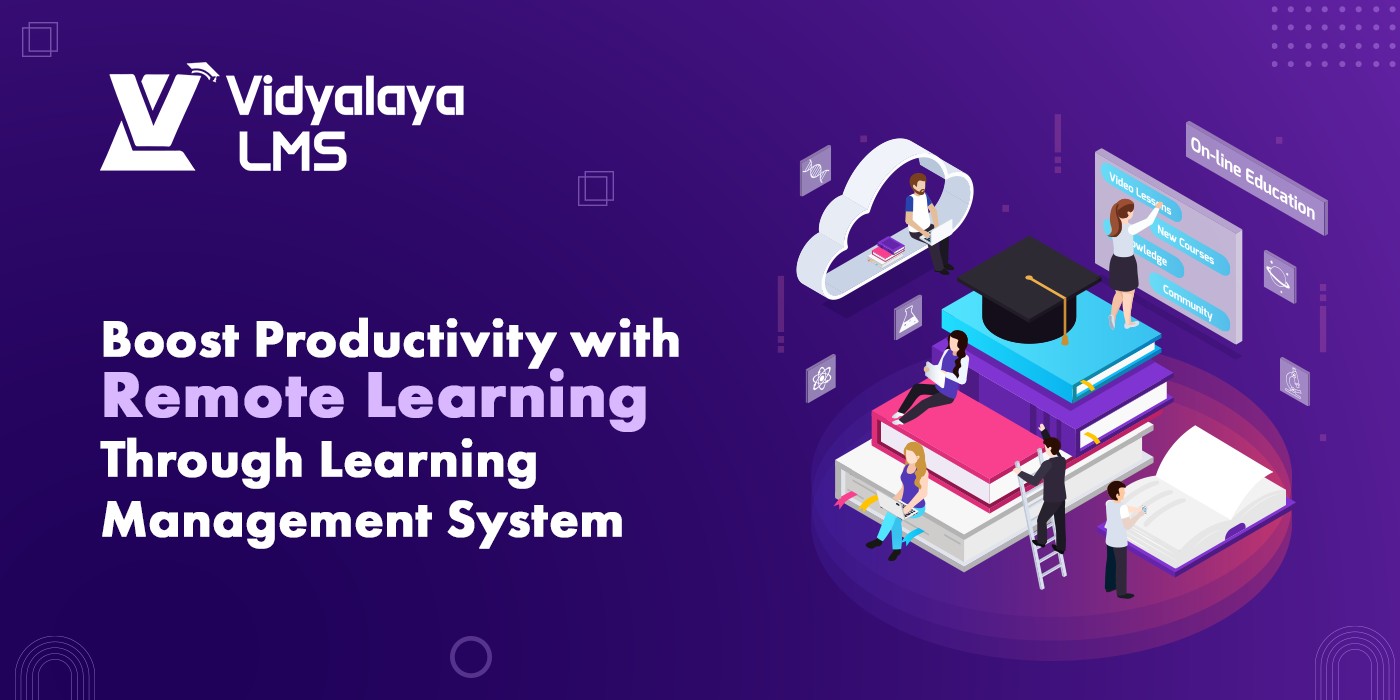Nowadays, sustainable engagement, skills building, and motivation of employees isn’t a “nice to have” anymore; it’s a need. Now every company must quickly onboard new hires, efficiently update teams on compliance, and have continuous development. That is where LMS platforms (Learning Management System platforms) become important. With the ability to centralize the training needs and assist in offering flexibility in learning formats, LMS platforms can help organizations streamline time, save costs, and increase productivity. The right LMS platform can revolutionize a company’s approach to learning and development.
In the last ten years, many organizations have increased their utilization of learning management software platforms. Fortune Business Insights says that the LMS market is set to exceed $47.47 billion globally by 2030, demonstrating the way businesses have now recognized learning as an integral part of success.
This blog is going to discuss:
- Why LMS platforms are important to modern businesses
- The advantages they can provide to businesses, regardless of size
- Some practical advice for selecting an LMS platform
- The main features and functions of a learning management system platform
By the conclusion, you will understand why a learning management software platform is worth your consideration and how to find one that meets your organization’s needs.
Why Businesses Need LMS Platforms?
Traditional classroom training is often expensive, inconsistent, and difficult to scale. Learning Management System (LMS) platforms allow for more effective, flexible, and measurable training.
Here are some of the main reasons organizations are adopting LMS platforms:
- Cost – Remove travel, printed materials, and repetitive in-class sessions.
- Scalability – Easy to onboard hundreds of new employees or roll training out across the organization.
- Consistency – Provide the same level of quality learning hours to everyone to become a qualified employee.
- Flexibility – Employees can learn at their own pace, on any device.
- Retention – Studies show that 94% of employees would stay longer at an organization if there was investment in learning (LinkedIn Learning Report).
The best part is that an LMS creates a culture of continuous growth while reducing costs.
Benefits of a Learning Management Software Platform:
Adopting a Learning Management System (LMS) platform gives organizations definite, measurable advantages:
- Central Hub for Training: All learning resources, from compliance training to skill-building courses, are in one place.
- Performance Tracking: Managers now get detailed reports that help them track progress and identify skill gaps.
- Compliance Tracking: Automates certifications and ensures that your workforce is operating under industry regulations.
- Employee Engagement: Interactive content and gamified learning increase engagement and motivation.
- Future Growth: A culture of continuous learning gets your business ready for the future.
Did you know that companies that used an LMS platform reported a 72% increase in training efficiencies? (eLearning Industry)
When you select the right LMS platform, the benefits multiply since the systems match your exact business objectives.
Choosing the Best LMS Platform for Your Business:
With so many solutions available, determining the right LMS platform requires thorough consideration. Here are some criteria that should inform your decision:
- Business Aims: Consider whether your priority is onboarding, compliance, or skills development.
- User Experience: The system should be as simple as possible for administrators and learners alike.
- Integration: The learning management system platform should integrate with your HR, CRM, or communication solutions.
- Support & Security: Identify the platform with the best customer support and data security.
- Cost vs Value: In the long run, the cheapest option isn’t always going to get you closer to your goals.
The right decision will ensure your LMS platform is a capital investment, rather than a capital expense.
Features That Make a Difference:
Not every learning management system platform delivers the same value. As you make your final selections, consider the capabilities of each that matter:
- Mobile learning allows access from smartphones and tablets.
- AI-fuelled personalization to develop personalized learning journeys.
- Advanced analytics to assess learner behaviour and performance of the course.
- Gamification tools include quizzes, badges, and leaderboards.
- Multi-language support for global teams.
- Compliance tracking with automatic certifications and reminders.
Each of these features not only maximizes the learner’s experience but also allows organizations increased control and visibility. Any business that selects the ideal LMS solution with these attributes will see tangible outcomes in increased engagement and productivity.
Why This Matters for Businesses?
In a competitive market, knowledge becomes a strategic advantage. By investing in a learning management system platform to help reduce training costs, improve employee retention, and develop a more skilled workforce, along with the improvement of employee value by giving them the opportunity for further development, there will ultimately be higher engagement and productivity.
A learning management software platform is not just a tool; it is an investment in your people, your processes, and long-term success. Choosing one of the leading LMS Software to make sure its training assists an employee’s needs not only today, but in their next challenge.
Final Thoughts:
In today’s fast-paced and competitive landscape, investing in an effective Learning Management System is no longer optional—it’s essential. Vidyalaya LMS empowers organizations of all sizes to streamline training, boost employee engagement, and drive measurable growth by delivering a flexible, scalable, and user-friendly platform tailored to your unique business needs.
By choosing Vidyalaya LMS, you’re not just implementing software—you’re fostering a culture of continuous learning and development that enhances productivity, reduces costs, and future-proofs your workforce. Our advanced features like AI-driven personalization, mobile learning, gamification, and robust compliance tracking ensure your team stays motivated and equipped for success.
Ready to revolutionize your employee training and unlock the full potential of your workforce? Connect with us today and take the first step towards smarter, more effective learning that grows with your business.



























